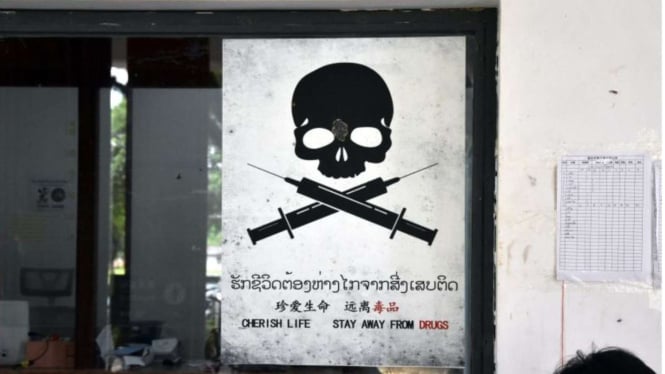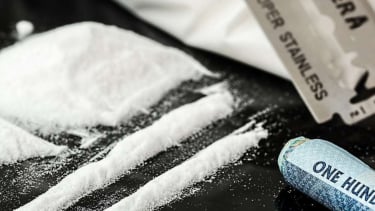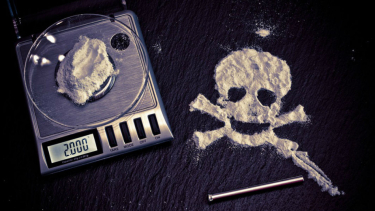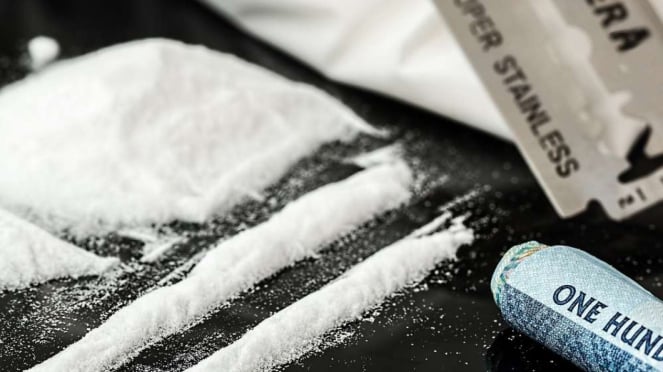This Laotian Drug Pills Only Sold for IDR 8,000
- Al Jazeera
Vientiane – Drug trafficking in Vientiane, the capital of Laos is at an all-time high. Part of the problem is neighbouring Myanmar, where the 2021 coup has created a violent conflict and a vacuum in law and order that has allowed drug syndicates to thrive.
In Laos, the poorly-resourced police are facing a deluge of narcotics as the country has become a vital trafficking corridor in Asia’s drug trade.
The surge has pushed prices down to record lows, with front-line workers saying pills are now being sold for as little as $0.24 cents each (IDR 8 thousand) – cheaper than most basic necessities like food and water and making the drug affordable to all in one of Asia’s poorest countries.
Ilustrasi narkoba.
- dok. Pixabay
Bounme, the assistant director at the Transformation Center, one of only two privately-run rehabilitation centres in the country said that while “everything got more expensive” in Laos during COVID-19, “drugs got cheaper, a lot cheaper.” He preferred to be identified only by one name.
"Drug users tell me one piece of yaba is 5,000 to 7,000 kip ($0.24 to $0.34 or about IDR 8,000 to IDR 10,000) now,” said Bounme, who interviews new patients entering the clinic.
“If you buy a pack of 200, you can get it as cheap as 2,500 ($0.12 or about IDR 3 thousand) per pill,"
The Golden Triangle, the remote area in which the borders of Thailand, Myanmar and Laos meet, has long been one of the world’s major drug-producing hotspots.
Historically, it was notorious for opium, but recent years have seen drug syndicates turn to producing methamphetamine pills and crystal meth – a distilled, more potent and expensive variety of the drug.
Groups in Myanmar are at the heart of this trade, most prominently Shan state – a war-torn region in the country’s east sharing a long, porous border with Laos.
Ilustrasi narkoba.
- Pixabay/the3cats
For decades, the drug trade has provided vital funds for ethnic armed groups and military-aligned militias in the troubled state, with narcotics flowing across the border into China, Laos, and Thailand and onto the international market.
The coup in Myanmar has only accelerated the industry’s output.
The generals’ removal of the democratically-elected National League for Democracy government drove widespread protests and the military’s brutal response pushed the pro-democracy movement into a nationwide armed resistance.
With growing lawlessness and intensified fighting across the country, the anti-narcotics efforts of certain ethnic armed groups and the Myanmar authorities have been hampered.
More militias under the command of the military have also reportedly turned to drugs to fund food and salaries for their soldiers.
In Shan state, these post-coup conditions have created a perfect storm for drug production, according to Jeremy Douglas, the United Nations Office on Drugs and Crime’s (UNODC) regional representative for Southeast Asia and the Pacific.
"There's disturbances in Shan state, accelerated post-coup drug production, and a very large and very fragile border along the Mekong river between Shan and Laos. It's a recipe for disaster," he remarked.
"This is a June report by UNODC also showed a second successive record-breaking year for seizures of methamphetamine tablets in Laos in 2022, with 144 million pills intercepted. In 2019 and 2020, this figure stood at just 17.7 million and 18.6 million respectively,"
But while large seizures make for good headlines, the criminal networks facilitating the shipments have been left untouched, according to an international observer with close knowledge of Laos.
The source, who requested anonymity due to the sensitivity of his work said that philosophical differences with Western anti-narcotics approaches, combined with a lack of capacity, means “there doesn’t seem to be any real effort to identify drug networks”.
“The drug seizure is the goal (for Lao police) and the seizures seem to be ad hoc in nature,” he said.
“More troubling, authorities often don’t make an arrest at all; very often they don’t even arrest the driver of the vehicle.”
The Lao National Commission for Drug Control and Supervision estimates there were about 90,000 drug users as of 2023, or about 1 percent of the population, based on government surveys.























